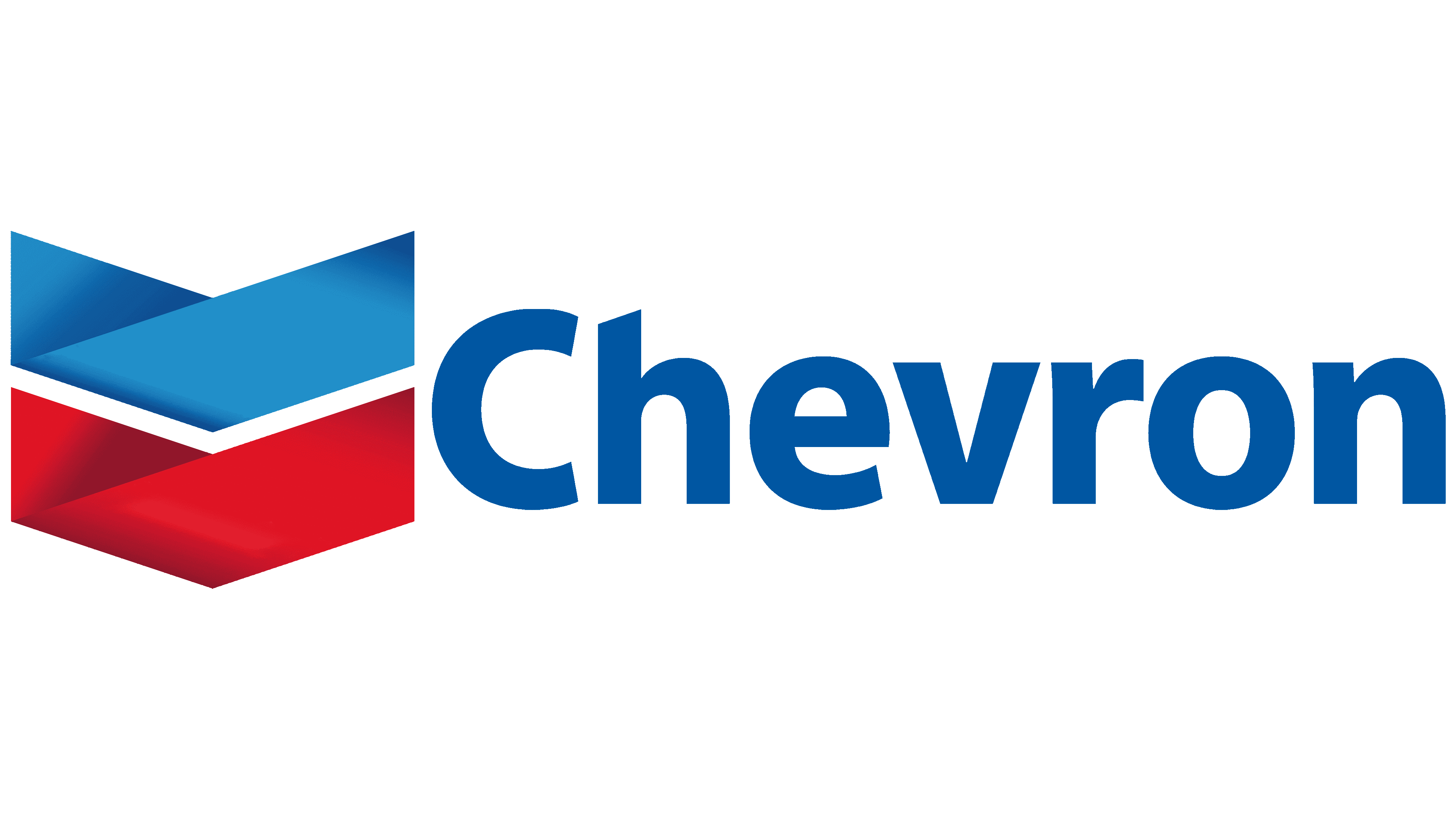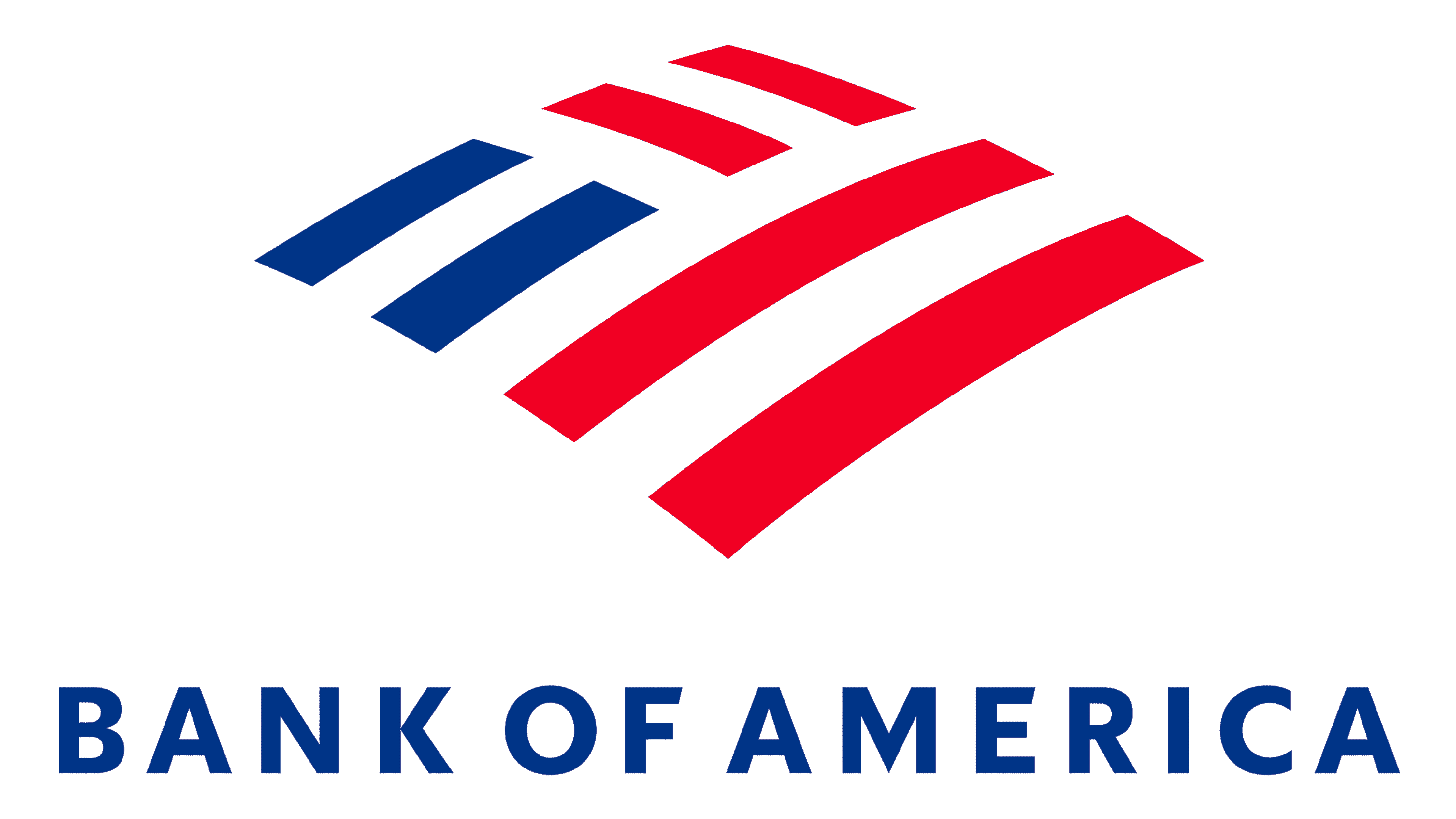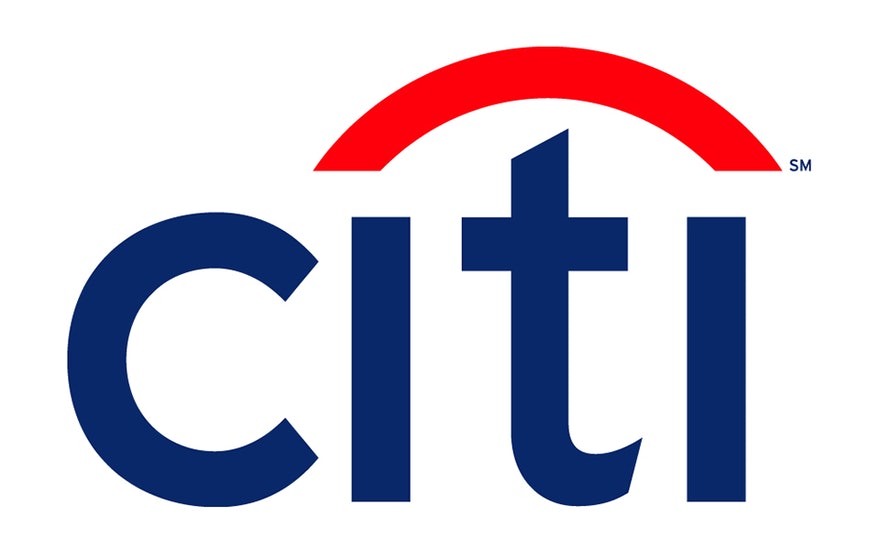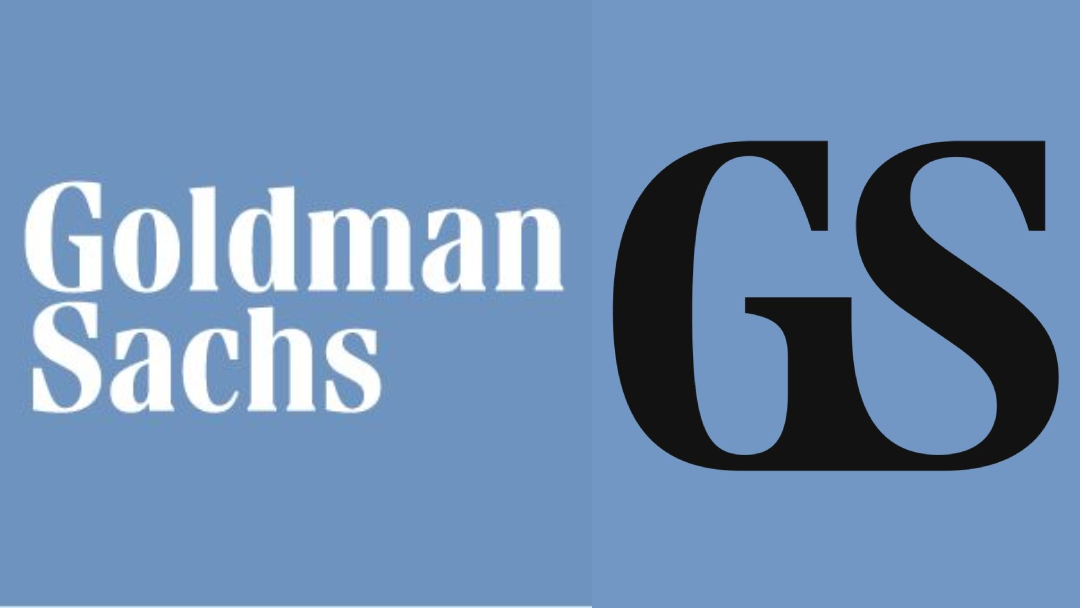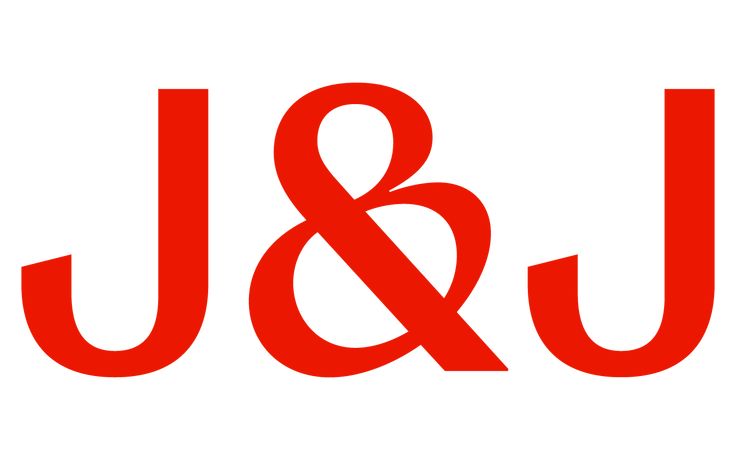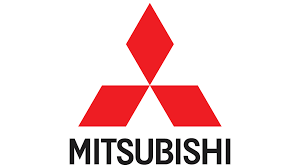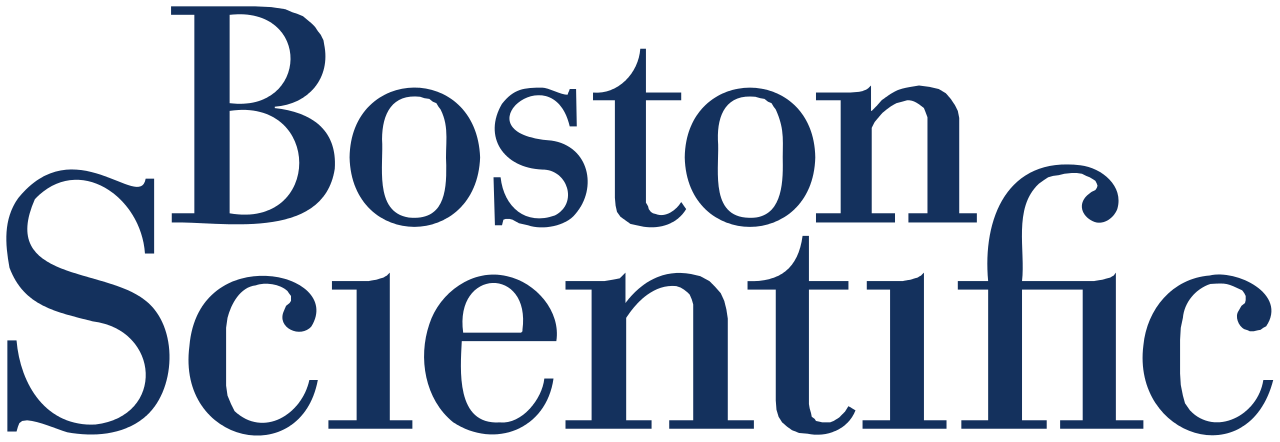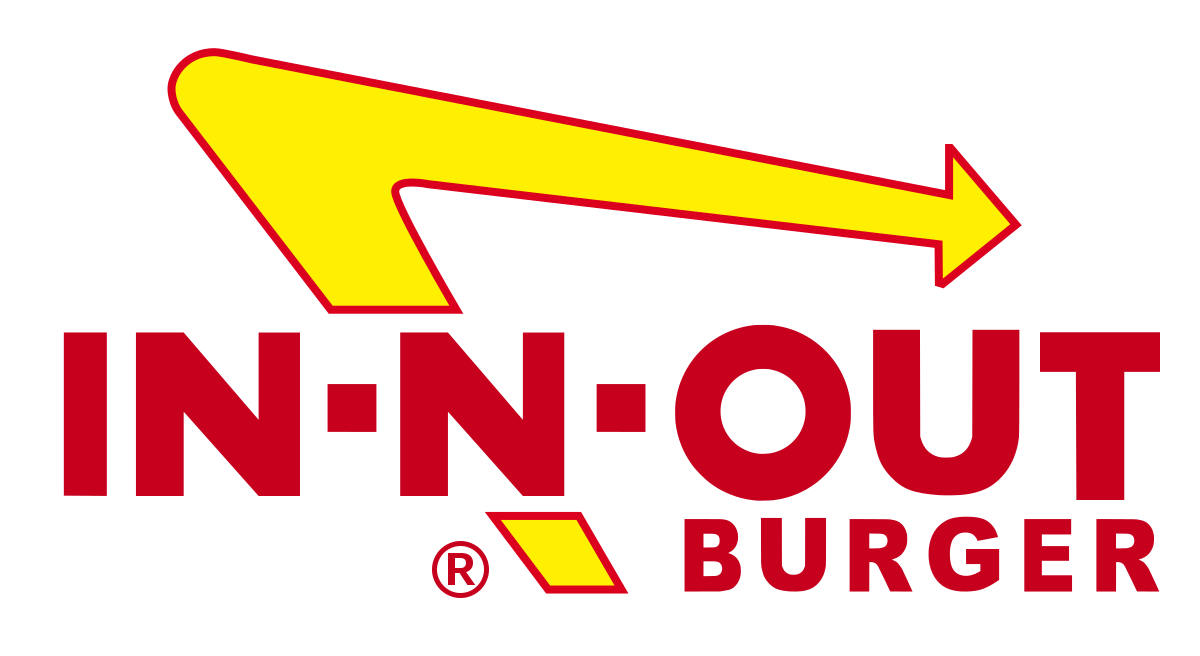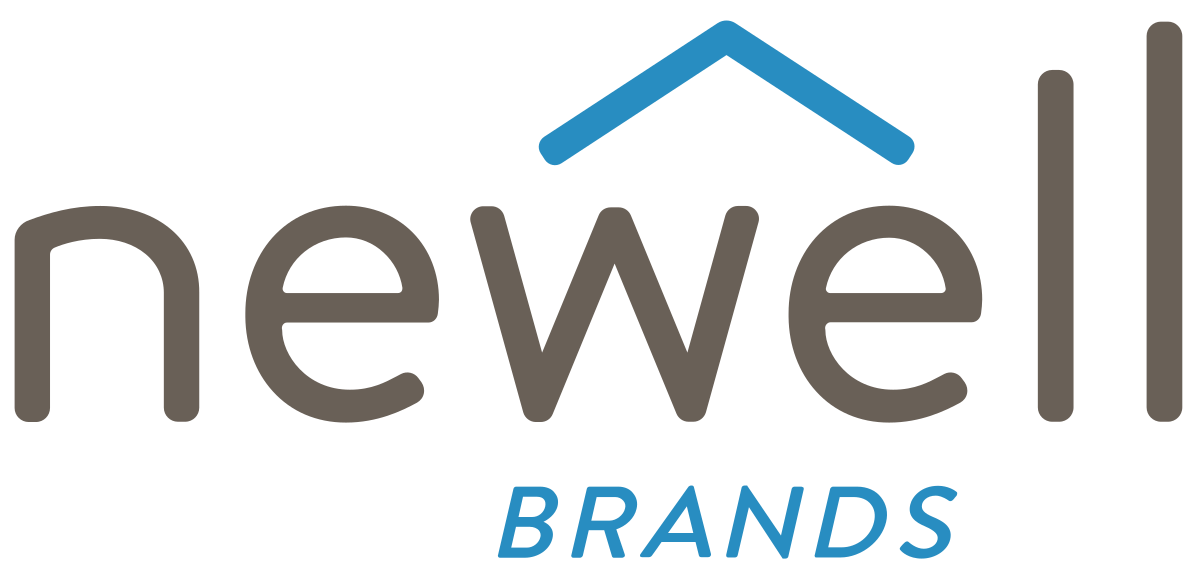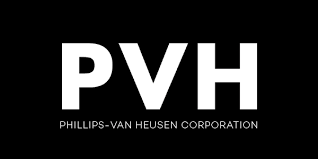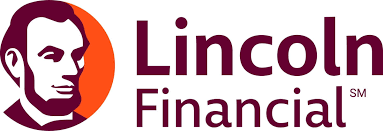Conflict Resolution Workshops
Is conflict having detrimental effects on your business relationships and performance? Are you victim to squandered opportunities, lost business, and higher attrition, not to mention lower morale and productivity? Are you unsure of how to transition conflict into a powerful engine for change and growth?
Our Conflict Resolution Workshops could be the solution you’re looking for.
Your participants will learn conflict resolution strategies and frameworks for deescalating conflict, resolving differences, and harnessing the power of disparate perspectives. We customize each Conflict Resolution Workshop to meet your audiences’ specific needs and objectives. This starts even before we enter the classroom, when we perform due diligence to surface various facets that make your participants’ contexts uniquely challenging. We then tailor a syllabus to tackle those challenges and meet your learning objectives, including customized case-study simulations that reflect your organizational culture, the audience’s professional roles, perceived power imbalances, and other factors that help make the case realistic and on point.
Led by our team of mediators and conflict resolution professionals, our Conflict Resolution Workshops are hands-on, interactive, and a lot of fun. Rather than being overwrought with lecture, audience participation drives the learning.
Participants will walk away with greater confidence and ability, having developed a skill set that they can use right away.
Resolving Conflict with Clients
Does your staff experience conflict with their clients? Are they unsure how to resolve those situations, repair the relationships, and move forward together?
If so, our Resolving Conflict with Clients workshop could be the answer for you.
In this high-energy workshop, participants learn an integrated framework for addressing and resolving client conflicts head on. They build skills for broaching matters with the other side, deescalating the situation, and resolving differences using a collaborative decision-making methodology.
The theories come alive when participants engage in a variety interactive exercises and case-studies, including role-place simulations that capture the specific types of challenges they face at your organization.
Participants walk away with a better senses of how to resolve client conflicts and continue to enjoy value from those relationships.
Learning Objectives:
• Protect and enhance client relationships despite differences
• Make controversial matters discussable
• Broach difficult client conversation head on
• Surface factors at play in a constructive way
• Present your perspective in a constructive, non-threatening way
• Reconcile different ideas and perspectives
• Understand how to respond to opposition in order to move things forward
• Jointly identify the best solution for the situation
Learning Components:
• Using communication strategies to surface underlying factors and emotions
• Presenting your ideas without provoking a negative reaction
• Addressing the emotional components of client conflicts
• Addressing psychological factors at play
• Adopting a collaborative decision-making process
Mediation Skills
Research shows that the average executive spends at least 13% of their time addressing work disputes. Human Resource professionals spend even more.
Our Mediation Skills workshop is a great solution for anyone who wants to learn an efficient and effective process for resolving disputes.
Participants learn a framework for generating mutually-agreeable solutions, as well as a unique skill-set for acting as a third-party neutral. The learn how to deescalate emotions, surface underlying issues, and facilitate a productive dialogue – transforming “intractable” conflict into opportunities for collaboration.
Theories come alive through interactive exercises and case-studies, including role-play simulations that capture the specific challenges faced by people in this position.
Learning Objectives:
• Mediate conflict more effectively
• Deescalate conflict
• Know how to surface the underlying issues in a conflict
• Understand how to respond to resistance in order to move a mediation forward
• Acquire an improved sense of when mediation is an inappropriate method for resolving conflict
• Recognize the qualities that distinguish successful mediators
Learning Components:
• Understanding the benefits and limitations of mediation
• Reevaluating assumptions
• Forging collaborative agreements
• Using communication skills and strategies to advance a mediation
• Dealing with emotions
• Serving as a third-party neutral
Bridging Differences
If your staff feels that they have exhausted all of their options for resolving a persistent conflict, then our Bridging Differences workshop would be a great solution for you.
In this high-energy workshop, participants learn a powerful framework for resolving tension and moving a relationship forward. They learn how to broaden their analyses to include multiple perspectives and to see conflict situations more objectively, more comprehensively, and more constructively.
Participants integrate the concepts through a mix of interactive exercises and case-studies, including role-place simulations that capture the types of challenges they face in their work.
Learning Objectives:
• Resolve conflict and move relationships forward
• Increase objectivity
• Enhance self-awareness
• Gain understanding and respect for your counterpart’s perspective
• Remove negative impressions and feelings
• Increase awareness of external factors affecting the dynamic
Learning Components:
• Seeing yourself as you are seen by others
• Understanding your counterpart’s perspective
• Recognizing systemic and external factors that impact the conflict
• Analyzing roles and dynamics
• Deescalating emotions
• Bridging differences
Reaching Consensus
One’s ability to collaborate with colleagues is essential to their professional success, as well as to the organization’s success.
Yet, often people bring very different perspectives and opinions to the table. In those situations, they can feel pressed to choose between (i) pushing hard for their position and risking damage to their reputation and to the relationship with their counterpart and (ii) conceding to something that they don’t agree with in order to protect their reputation and the relationship with the other side.
Our Reaching Consensus workshop provides a solution.
In this fun and engaging workshop, participants learn a proven framework for bridging differences through collaborative decision making. They learn skills for surfacing underlying motivators and identifying creative solutions, as well as tools for problem-solving and formulating mutually-agreeable decisions.
Participants see concepts come alive during a variety interactive exercises and case-studies, including role-place simulations that capture the types of challenges they face at your organization.
Learning Objectives:
• Avoid and resolve tension using a collaborative problem-solving framework
• Protect important relationships despite differences with colleagues
• Understand how to respond to opposition in order to move things forward
• Reconcile different ideas and perspectives
• Jointly identify the best solution for the situation
Learning Components:
• Understanding underlying motivators
• Surfacing hidden motivators
• Presenting your ideas without provoking a negative reaction
• Adopting a collaborative decision-making process
• Identifying objective factors to inform a joint decision
Dealing with Difficult People
In the course of their work, most professionals have to interact with difficult people. Often this poses challenges and stands in the way of productivity and job satisfaction, and can result in underperformance, escalation, and attrition.
Our Dealing with Difficult People workshop can help your staff deal with these challenges and transition them into healthier situations.
Participants learn tools for addressing difficult behaviors head on. They build skills for broaching the matter with the other side, employing a nuanced and diplomatic approach for advocating their needs and communicating their limits, and identifying a better process for moving forward together.
Theories come alive as participants engage in a variety interactive exercises and case-studies, including role-place simulations that capture the specific personalities and behavior that challenge them in the course of their work.
Learning Objectives:
• Disaggregate the impact on you from the person’s intended consequences
• Share the effects on you in a non-threatening manner
• Surface factors that are evoking a reaction in the other person
• Understand the other side’s perspective and experience of the situation
• Effectively present your boundaries and limits
• Jointly identify communication processes for moving forward
Learning Components:
• Broadening the analysis of the situation
• Advocating for oneself
• Using active listening skills to deescalate the conversation and move it forward
• Replacing seductive mental shortcuts with constructive analytic pathways
• Addressing the emotional aspects of the situation
• Raising shared concerns, as a group



